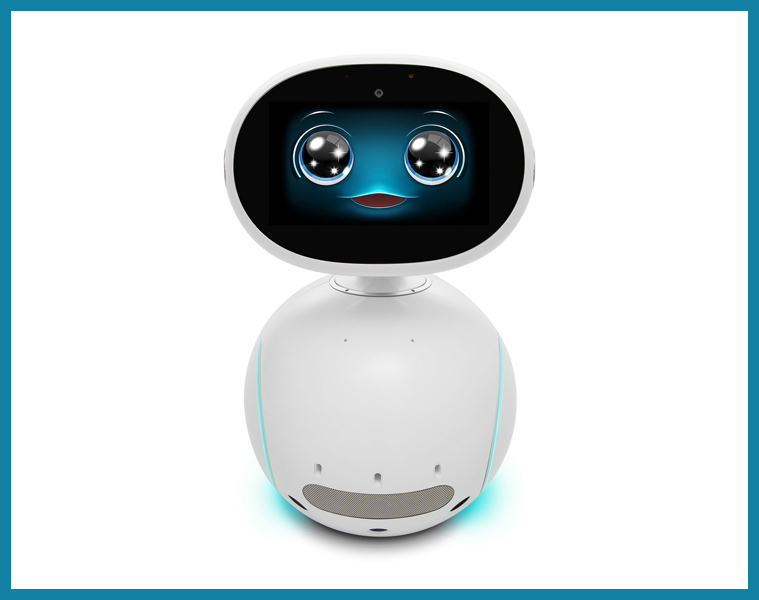Robots? In healthcare? Yes, please

Artificial intelligence can be scary, especially to those who can’t quite completely grasp it, i.e. me. The concept—no, the reality that the smart appliances we’ve come to rely on to make daily life more comfortable and convenient listen in on us and collect data about us is downright scary. We know already why they have been designed to be able to do that: Information about consumer preferences, siphoned from the unknowing general public by these gadgets, earns the very few and very rich people at the top even more money and power than they would know what to do with. Add apocalyptic scenarios of these smart machines rising and using what they know about us against us, and I’m almost tempted to drop everything and live an off-grid life. (As if I could hack that.)

This alarmist perspective can be a case of throwing out the baby with the bathwater, however, because AI can be used to revolutionize healthcare. In fact, Taiwan’s biomedical industry has been hard at work to develop “smart healthcare,” where intelligent and intuitive systems, applied to pharmaceutical products, medical equipment, and health and wellness products, help improve the quality of patient care in a manner that’s “holistic…predictive, preventative, personalized, and participatory,” as the annual award-giving body of Taiwan’s Ministry of Economic Affairs and Taiwan External Trade Development Council Taiwan Excellence describes in a press release.

“Taiwan and its superior technology [are] leading the world toward this new frontier. Consistently ranked as the top knowledge economy in Asia, its biomedical sector has been identified as one of the industry pillars for national development,” the release states. “In recent years, the value of Taiwan’s biomedical industry significantly increased to a booming US$16.2 billion. Taiwan President Tsai Ing-wen considers the country as a forerunner in medical innovation due to three factors: top-tier medical technology, robust supply chains, and a burgeoning biotechnology industry.”

The organization cites examples of smart (and quite practical) healthcare innovations that have been developed in Taiwan: OmniCare, a medical Internet-of-Things platform, collects biometric data from various instruments and smart wearable devices, while the platform PhenoFinder integrates patient medical records at all hospitals and big data analysis. The Wall-E lookalike smart robot Zenbo, designed to be a companion to seniors and help them enjoy a connected digital life as well as safeguard their health and well-being, is equipped with facial recognition functionality, which is great for security reasons, while the AiNurse is a virtual care-giving robot that can communicate with patients via voice or text. These were all developed and are now offered by Asus Life, healthcare digital transformation expert and a subsidiary of the Taiwan Excellence Award winner Asustek Computer.

Another Taiwan Excellence awardee, Onyx Healthcare Inc. is also cited for its medical products that optimize and automate hospital processes that are usually done on paper. Their medical tablet MD101 helps nurses in gathering data on patients’ vital signs, improving the accuracy and efficiency of overall patient care in hospitals.

“Taiwan’s domain leadership has been cemented by effectively fostering a supportive and collaborative ecosystem where academic, private, and public institutions work together to create products that contribute to smart healthcare,” Taiwan Excellence declares further.
That there is the ideal setting for the integration of AI to the public arena: Where the key players are not just the private developers, but also the government and the institutions that are integral to public service and the improvement of living conditions. Can this be the stuff of more sci-fi fantasies, please? – SGM
Learn more about Taiwan’s industry innovations at the Taiwan Excellence 3 on 3 Hoop Challenge from June 29-30 at SM Megamall; the IoT Business Platform on July 24-25 at Manila Marriott; the Taiwan Excellence E-Sports Cup on October 4-6 in Metro Manila; and the Taiwan Expo, scheduled sometime in November, in Davao City.
All images courtesy of Taiwan Excellence. GIF via Giphy.











